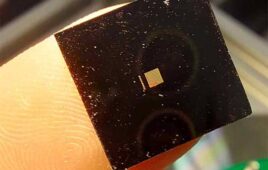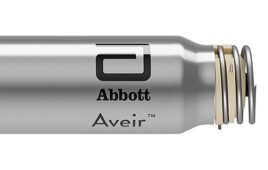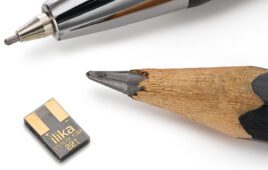
[Image courtesy of Liz West on Flickr, per Creative Commons 2.0 license]
The agency has received reports of explosions, fires, smoking and overheating related to the carts, FDA said in its Dec. 27 letter to healthcare professionals. From January 2013 to July 2016, FDA received a dozen reports, an agency spokesperson confirmed. No one was injured, but a hospital had to be evacuated in one case. (The spokesperson declined to comment whether it’s related, but a fire involving stored lithium batteries caused the evacuation of Guthrie Robert Packer Hospital in Sayre, Pa., in July 2016.)
FDA is encouraging health providers to be more diligent in preventative maintenance. The letter includes such recommendations as inspecting batteries for damage, notifying manufacturers of damaged batteries, inspecting chargers and carts for overheating, vacuuming to remove dust around battery chargers and carts, replacing batteries according to manufacturer recommendations, not using batteries that are failing to charge properly, keeping flammable and explosive objects away from battery chargers, and placing the chargers in locations that are easily accessible.
Battery-powered mobile medical carts have a variety of uses in healthcare settings. They’re crash carts, medication dispensing carts, and carts that carry and power medical devices. Powering the carts with a battery makes them more convenient and useful. But problems ranging from smoke and overheating to fires and explosions can potentially take place with lithium, lead acid, and other types of batteries, according to FDA.
FDA notes that the lithium battery fires are especially tough to put out, with firefighters in some cases having to resort to burying the cart batteries.
The warning from FDA comes about a year after the agency’s Medical Product Safety Network surveyed hospitals and found that half of the hospitals using mobile medical carts had recently experienced cart battery or electrical related problems.
[Want to stay more on top of MDO content? Subscribe to our weekly e-newsletter.]




